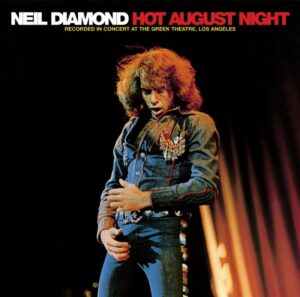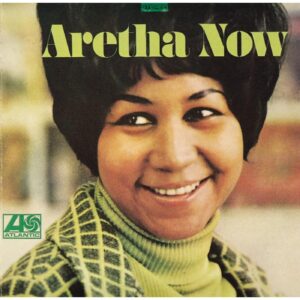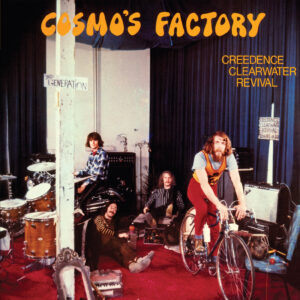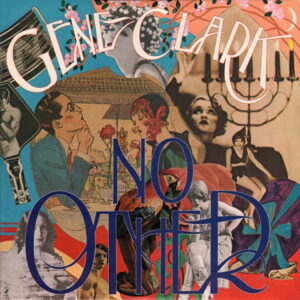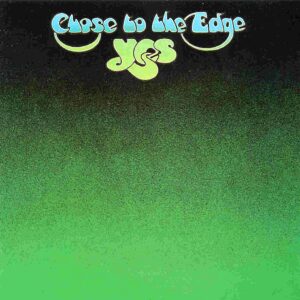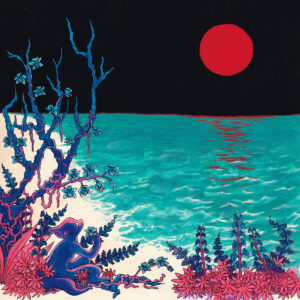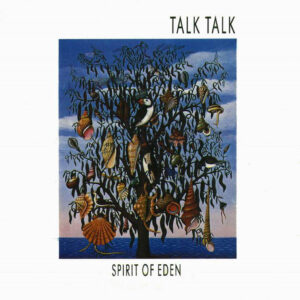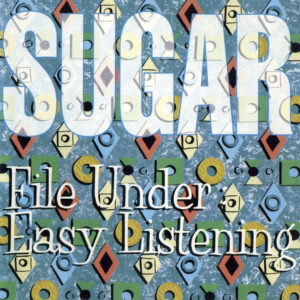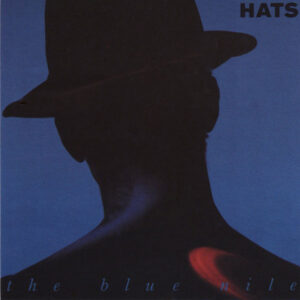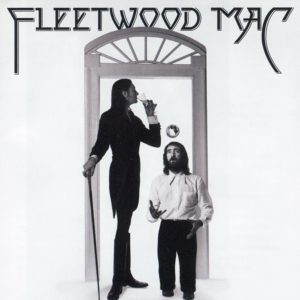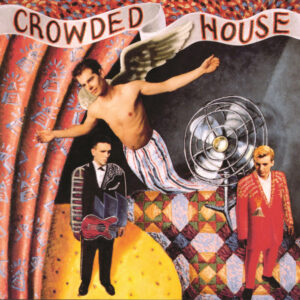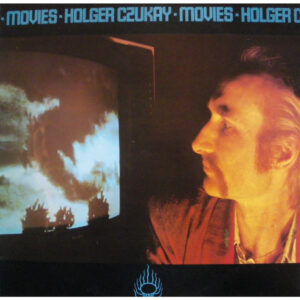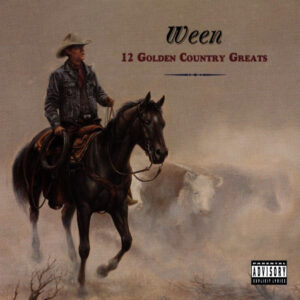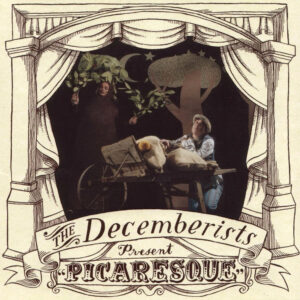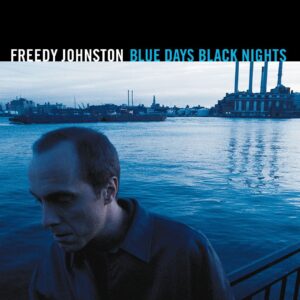
Album reviews of 1960s artists who don’t qualify for their own page.
Johnny Cash
At Folsom Prison
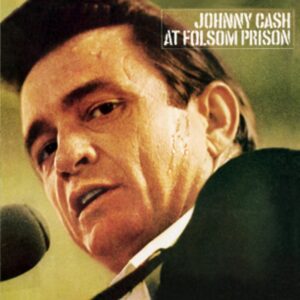
1968, 6/10
Johnny Cash always had a bullet proof reputation, both a respected elder statesman of country music and an anti-authoritarian hero. His baritone is authoritative, imbuing his music with gravitas, and it’s perfect for these dark tales of crime and punishment that he’s singing to an appreciative prison audience. Cash performs with backing band The Tennessee Three, and it was recorded at a time when he’d cleaned up his personal life.
Cash has the captive audience lapping up these songs, and it’s a compelling performance – songs like the execution countdown of ’25 Minutes To Go’ are riveting. But with Cash’s limited vocal style and these simple country songs, At Folsom Prison is an event more than a record that stands up to repeated listening. There are highlights like Cash’s sensitive vocal performance on ‘Long Black Veil’ and June Carter’s harmony vocals on the lively ‘Jackson’.
At Folsom Prison is a terrific document of a masterful live performer, and it’s something that every music fan should hear. But it’s not an album that I need to have in my collection.
Arlo Guthrie
Alice’s Restaurant
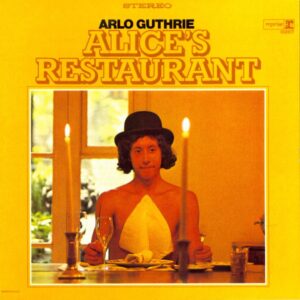
1967, 6.5/10
Arlo Guthrie came to folk music with an incredible pedigree, the son of folk legend Woody Guthrie who met and jammed with other famous musicians such as Pete Seeger and Leadbelly as they visited his home. He rose to prominence at the 1967 Newport Folk Festival at the age of 20 where the lengthy talking song ‘Alice’s Restaurant’ was first performed at a topical songs workshop.
While the song continues the acoustic simplicity of early 1960s protest folk, it’s also laced with a humour that makes its subversive litany on littering and the draft go down surprisingly easily. In fact, the song is much more notable for Guthrie’s comic timing and laconic delivery than it is for its musical content – the almost incessant guitar riff only adds to the humour – he’s as much a stand-up comedian as a musician over the eighteen minutes as he details his adventures trying to dispose of a half-tonne of garbage, in court and with the army psychiatrist, and the catchy chorus is only introduced towards the end of the song. The song’s following was strong enough to spawn a full length feature movie in 1970, starring Guthrie.
The second side of Alice’s Restaurant isn’t as memorable; with pleasant but generic folk like ‘Chilling of the Evening’ and ‘I’m Going Home’ and assorted silliness like ‘The Motorcycle Song’ (“I don’t want a pickle/I just want to ride my motor-sickle”) and ‘Ring-Around-A-Rosy Rag’, which uses a riff that’s too close to the infinite loop of the title track.
Alice’s Restaurant is an album that has been treated precisely right by posterity – it never makes top album of all time lists, and it doesn’t deserve too, but it’s still easily available. The title track enjoys a cult following and still holds up as a transcendent piece of work that’s as interesting as a piece of social history as it is as a song.
Dusty Springfield
Dusty in Memphis
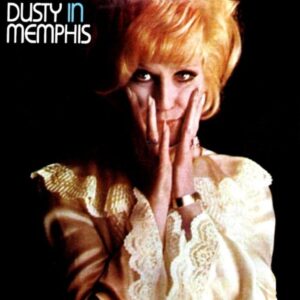
1969, 9.5/10
Dusty Springfield began her career in a folk-pop trio The Springfields with her brother Tom. When The Springfields broke up, she went on to solo success in the early 1960s with ‘I Only Wanna Be With You’ and ‘I Don’t Know What To Do With Myself’, showcasing her sensual voice. But by the late 1960s her star was fading, and she signed with Atlantic Records in an effort to reignite her career. Recording in Memphis, the production team of Jerry Wexler, Tom Dowd, and Arif Mardin gave her more direct, stripped down sound than she was accustomed to.
The standard from Dusty in Memphis is ‘Son of a Preacher Man’ – it was originally written for Aretha Franklin, who passed it over but recorded it after Springfield’s version became successful. Randy Newman contributes ‘Just One Smile’, previously a hit for Gene Pitney, and ‘I Don’t Want To Hear About It Anymore’, the ethereal ‘The Land of Make Believe’ is from Burt Bacharach, while the Carole King and Gerry Goffin team contributes four of the songs. Dusty in Memphisboasts a fabulous beginning trio, where each song lifts the ante from its predecessor – the mid-tempo, memorable ‘Just A Little Lovin” leads into the cool drama of ‘So Much Loving’, before delivering the tour de force of ‘Son of a Preacher Man’.
Back to 1960s album reviews…..
Related Pages
About
Aphoristic Album Reviews is almost entirely written by one person. It features album reviews and blog posts across a growing spectrum of popular music.
Review Pages
Read about the discographies of musical acts from the 1960s to the present day. Browse this site's review archives or enjoy these random selections:
Blog Posts
I add new blog posts to this website every week. Browse the archives or enjoy these random selections:

